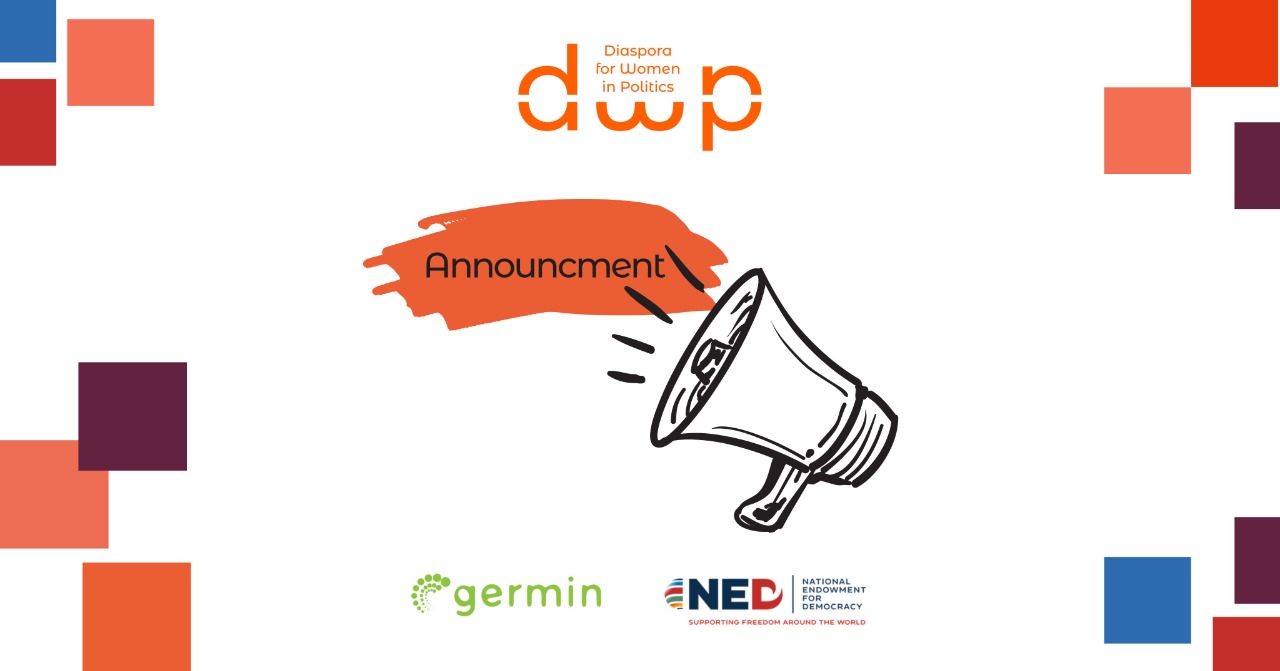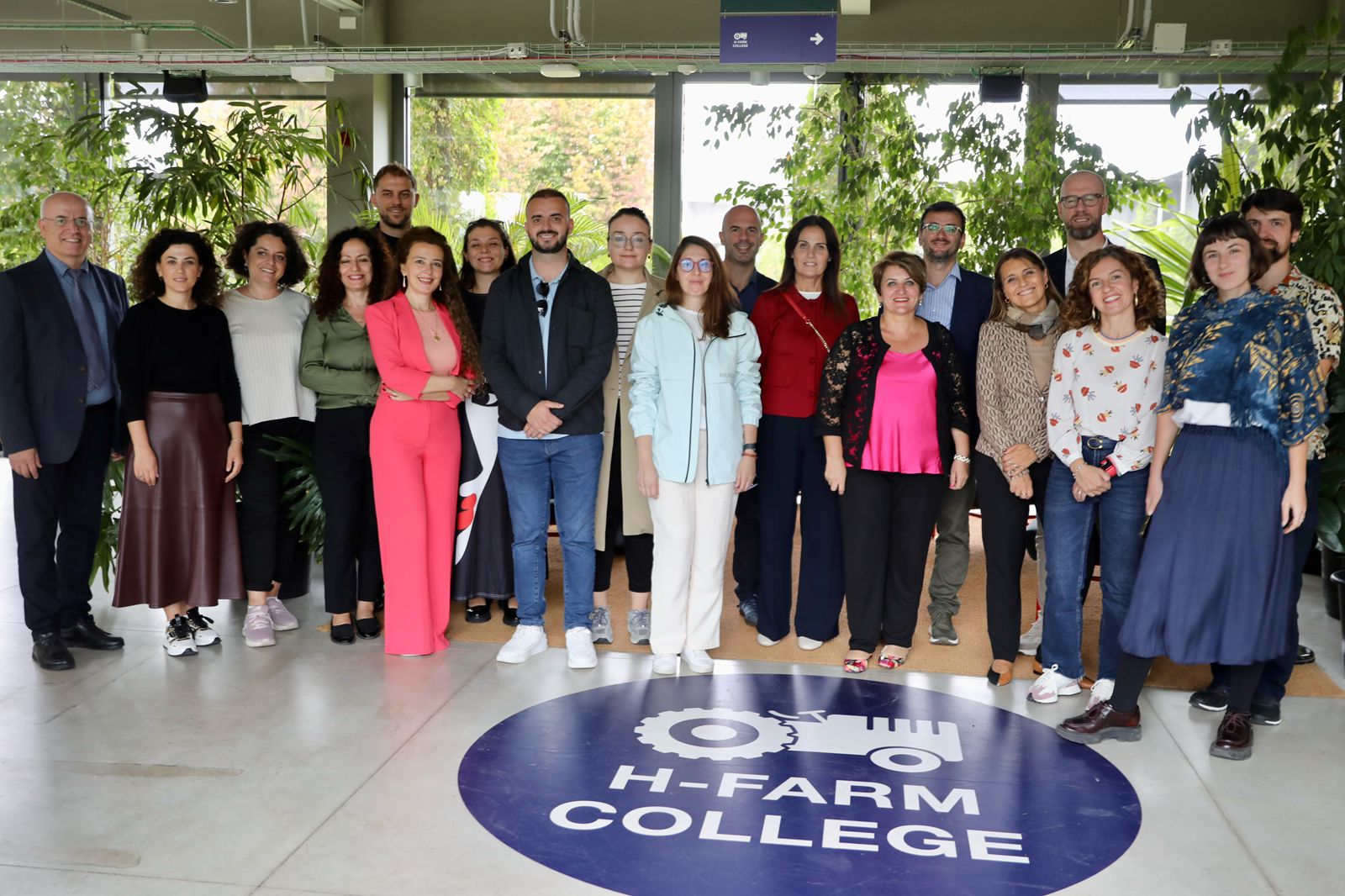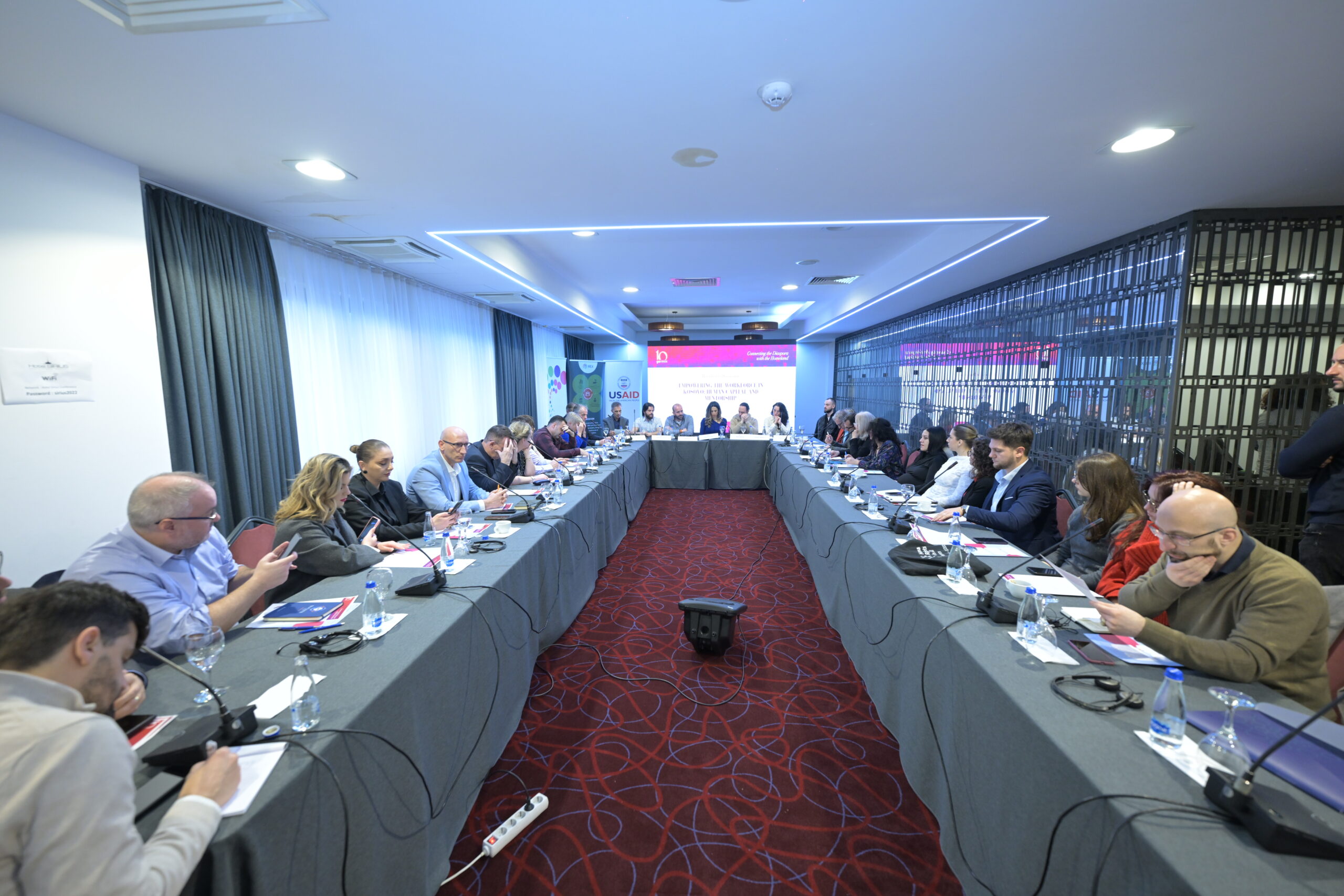GERMIN continues to be focused on the cooperation between Kosovo and the Diaspora. The main aim is to advance Kosovo’s development and democratisation and connect the Albanian Diaspora with their country of origin.
In the wake of various projects, GERMIN will implement the project “Cooperation between Kosovo and Diaspora: Capacity building of women in politics at the local level” supported by the National Endowment for Democracy (NED).
Specifically, the project`s main goal is to empower fifty-two (52) elected and prospective elective women from Shtime, Istog, Vushtrri, Suhareka, Lipjan, Rahovec and Podujeve by building their capacities on key areas of interest, connecting and fostering mutual learning relationships between them and Kosovo diaspora members engaged in politics in developed countries and other activities. Through this project, GERMIN will utilize its wide network in the diaspora and engage influential and knowledgeable Kosovo diaspora members that are involved in politics at local, regional or national levels. Hence, the project will go beyond empowering women politicians from Kosovo and strengthen the relation between Kosovo and its diaspora as well.
The main objectives of the project are:
- To empower, build the capacities and increase the substantial political engagement of fifty-two (52) elected women in local assemblies and prospective elective women in Kosovo.
- To enhance and foster a long-term, sustainable, productive, and trust-based relationship between mentors from diaspora and mentees from Kosovo, undergirded by mutual learning.
Phase 1: Target group mapping
1.1) Mapping of the target groups: in the very initial phase of the project, GERMIN aims to conduct a mapping of the target groups of the project and create a database that lists women MPs and prospective women MPs on the local level in Kosovo, and Kosovar women and men politically engaged in the diaspora (on the local and/or national level). Beyond the necessity of mapping for project purposes, the creation of a database serves GERMIN and other organizations and stakeholders for other projects and initiatives. The database will be linked to the main GERMIN`s website and will be accessible to other interested groups. The modalities of shared information will be consulted with the target group. The mapping and creation of the database will be conducted by GERMIN project staff within a period of three (3) weeks.
Phase 2: Fostering linkages and capacity building
The mentoring program is the main component of this project after the identification of women in politics during this phase a questionnaire will be created which will be completed by them to identify their specific needs and general expectations from mentoring. After identification, we will create 26 groups of women, where 26 mentors will each have two (2) women under mentorship.
The mentoring program will last nine (9) months, with one more formal meeting per month, but the participants are free and we will motivate them to have more frequent contacts based on their needs.
Namely, some of the areas that mentors and mentees are encouraged to talk about are:
- Navigating gender in politics
- Local, national, and global institutions and politics
- Preparing for elections
- Decision-making and making your voice heard
- Representation of community needs in policy-making
- Exchanges of good experiences and practices
- Networking and connections
- Utilizing social platforms
- Community and self-care
The capacity-building phase also includes three pieces of training to strengthen existing knowledge and benefit from additional knowledge. The training will last two days each and include the following topics: Gender and politics; Communication, networking and public speaking; Identification of robust systems.
Phase 3: Learning, Monitoring and Evaluation
In the end, we will organize a conference where all project beneficiaries, mentors from the diaspora, as well as other representatives of political subjects at the central and local levels will participate. The aim of the conference is to present and reflect on the progress of the project, and the progress of the specific activities. Moreover, the conference will serve as a platform for the participants to utilize their gained skills in networking, connection, public speaking and other skills. The conference will take place in the last two weeks of the project.




